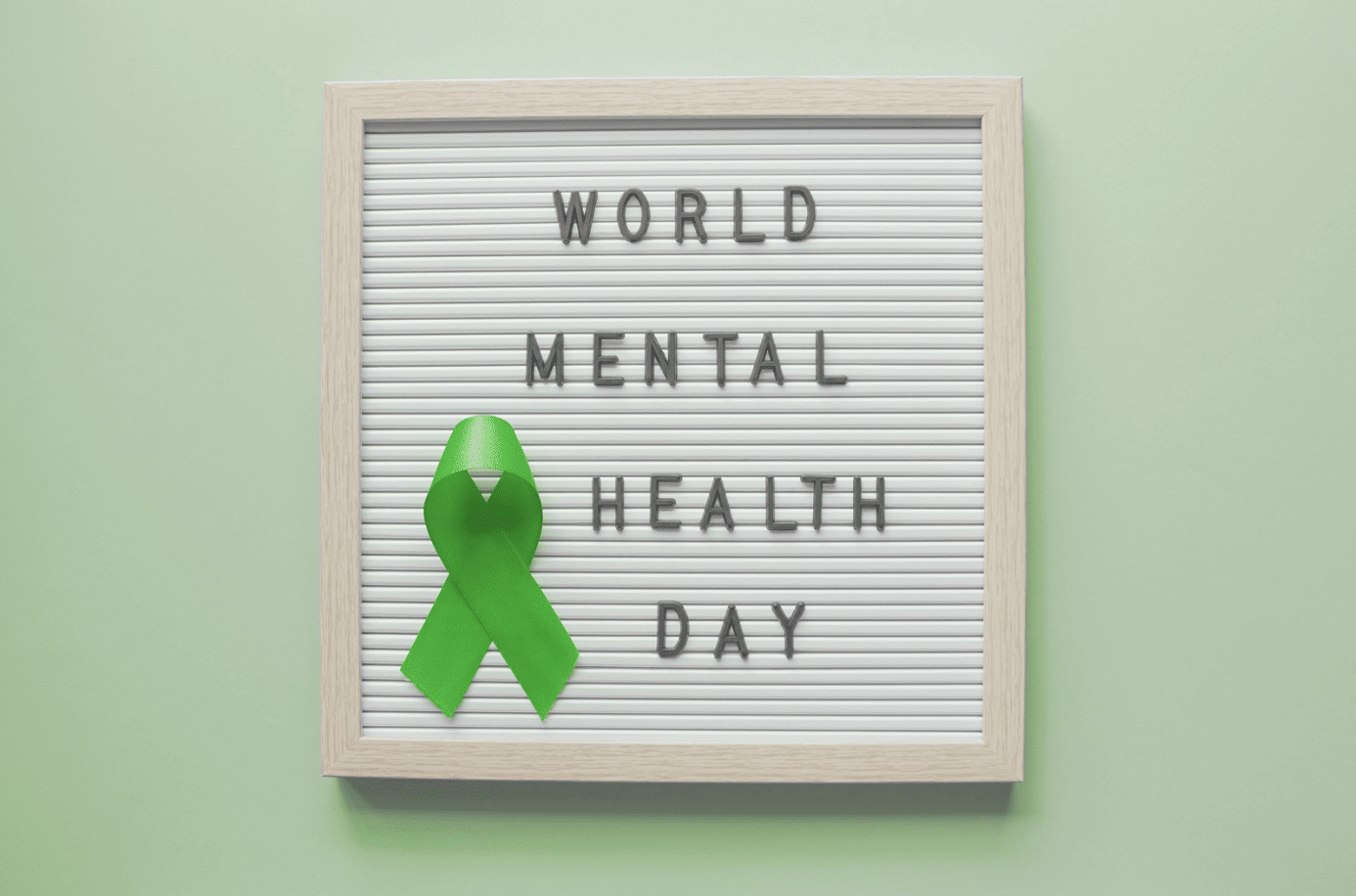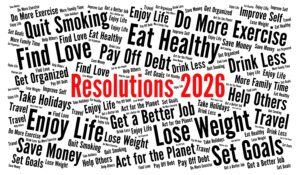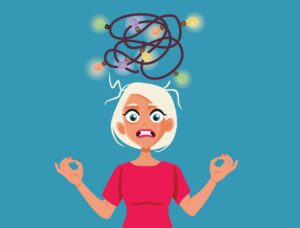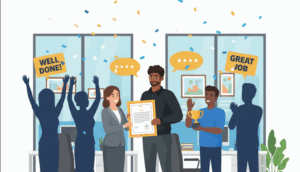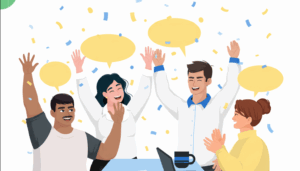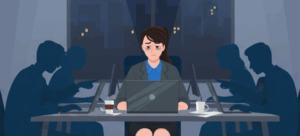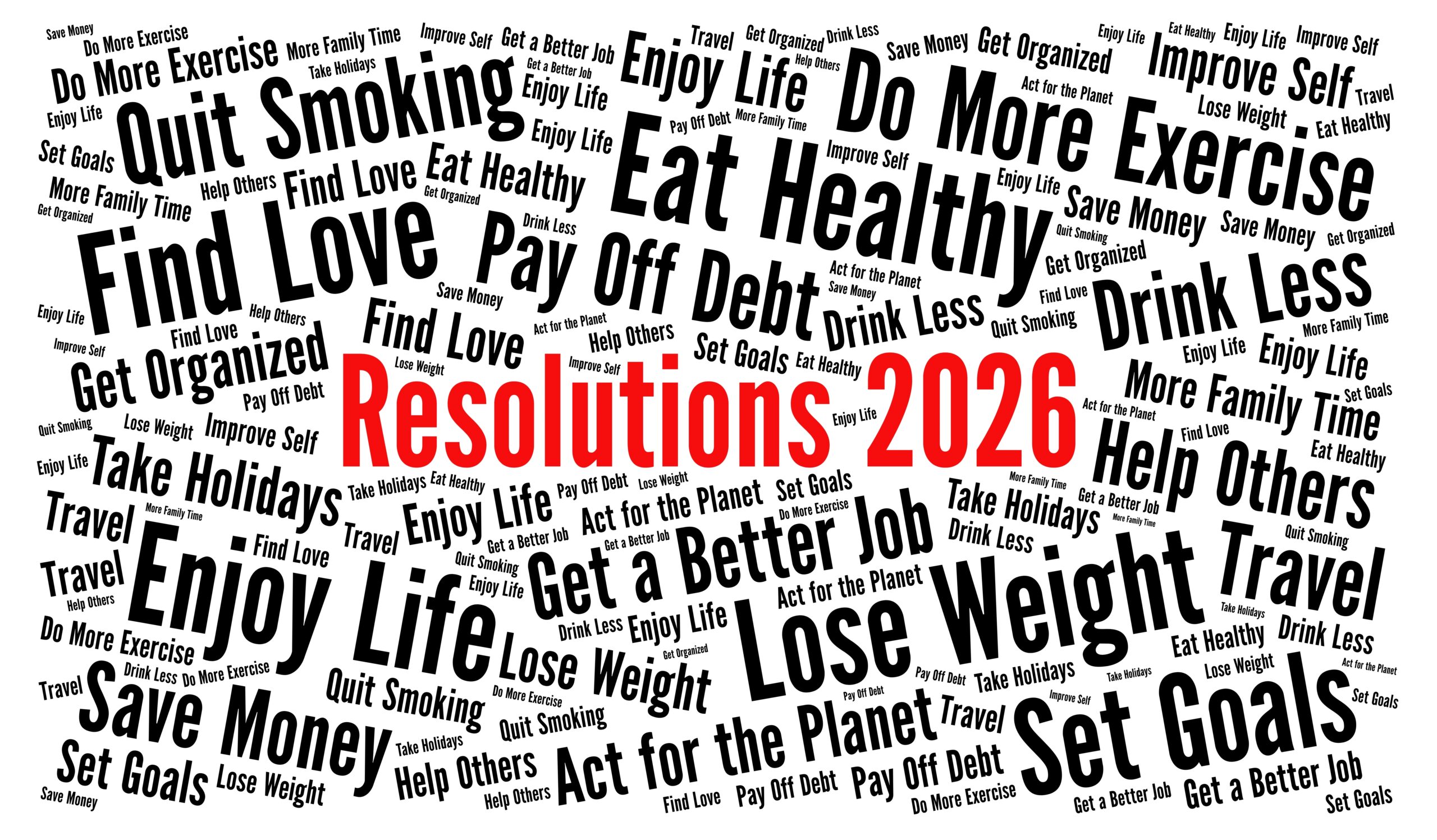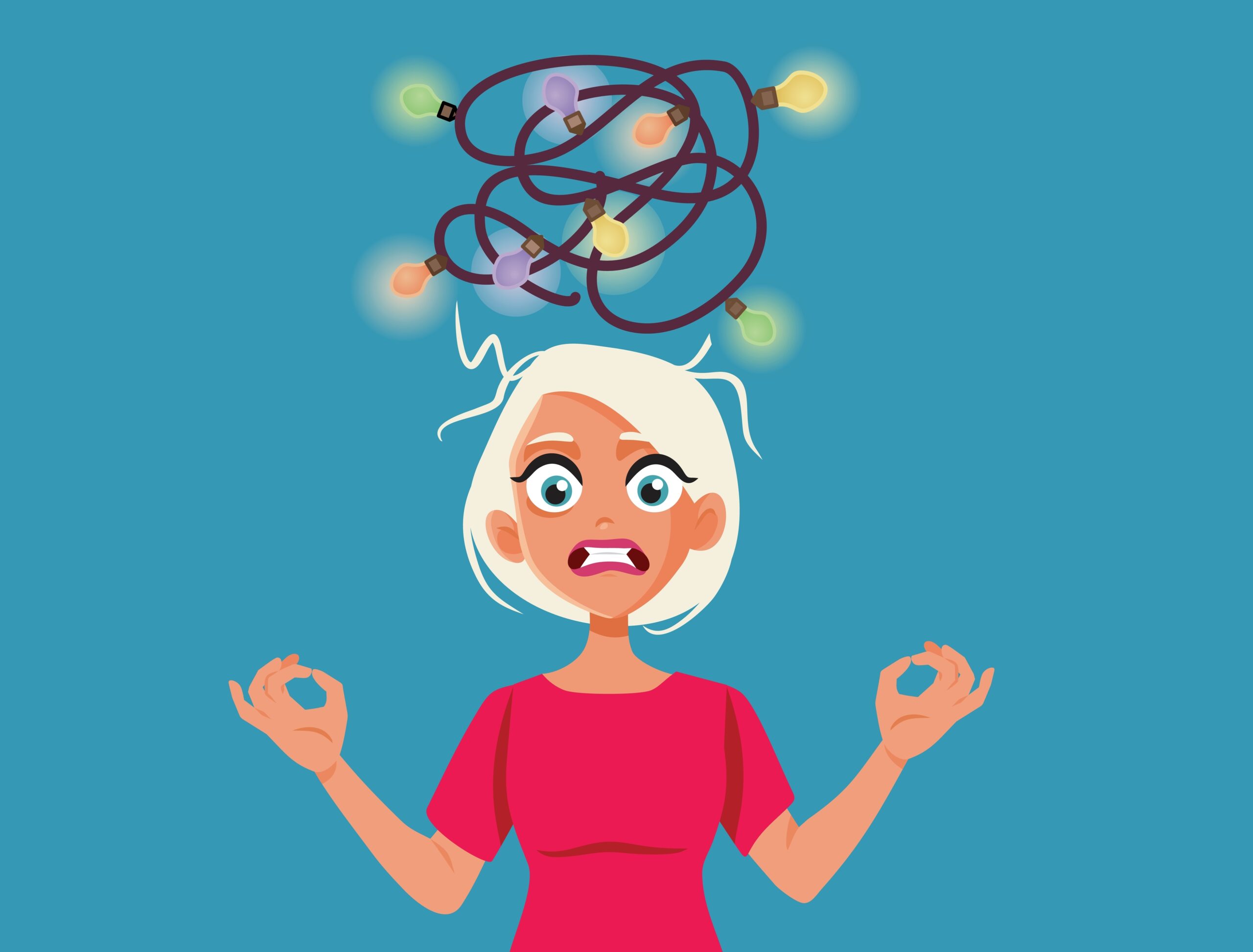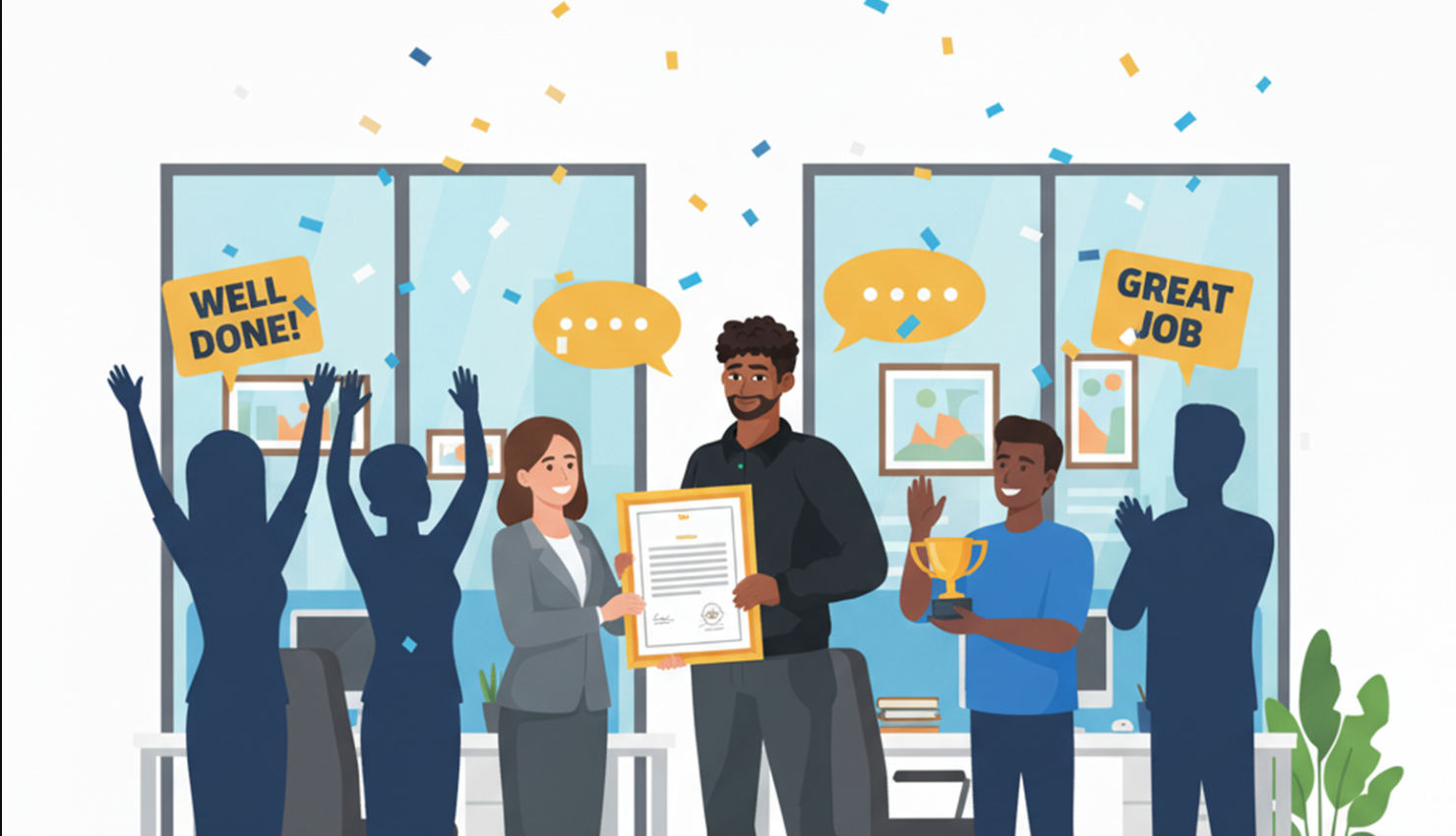Resources and Helplines for World Mental Health Day and Beyond
October 10th is World Mental Health Day. It’s an excellent opportunity to raise awareness about mental health and talk about something historically taboo. Mental health is just as important as physical health, but it’s often overlooked. With 1 in 5 adults in America experiencing mental illness and nearly 1 in 25 (10 million) adults in America living with a serious mental illness, the conversation is necessary.
On top of that, stigma, lack of awareness, or lack of access to care are some of the barriers people find when reaching out for help. We want to see this change!
At Fresh Tri, we want to encourage you to seek help if you are struggling because you’re never alone. That’s why we compiled this list of helpful tips and resources, including crisis hotlines, mental health organizations, and government websites.
Choosing A Mental Health Professional
Choosing a mental health professional that meets your specific needs can be overwhelming. Here are four tips to reduce the overwhelm and find the professional most suitable.
- Assess your needs. What do you need help with? Anxiety, depression, sleep issues? Do you need a therapist, psychiatrist, counselor, or medical doctor?
- Ask for recommendations. Your doctor, family, and friends can all offer suggestions for mental health professionals.
- Do your research. Google is your best friend for research – it can help you narrow down your options as you search for a specific need. It will help you find reviews for providers, giving you an idea of what to expect if you choose to work with them.
- Check insurance coverage. It’s also worthwhile to check with your insurance provider to ensure the provider and services you choose are covered.
Government Resources
Substance Abuse and Mental Health Services Administration (SAMHSA): SAMHSA is the U.S. Department of Health and Human Services agency that leads public health efforts to support the nation’s behavioral health needs. SAMHSA provides various resources and support services for people with mental health and substance abuse disorders and their families and friends.
Crisis Hotlines
988 Suicide and Crisis Lifeline: The 988 Suicide and Crisis Lifeline is a free, 24/7, confidential service that supports people in suicidal crisis or emotional distress.
Crisis Text Line: Text HOME to 741741 to connect with a Crisis Counselor.
The Trevor Project: The Trevor Project is a national 24/7, toll-free suicide prevention and crisis intervention hotline for LGBTQ youth. Call 1-866-488-7386 or text START to 678-678.
Mental Health Organizations
National Alliance on Mental Illness (NAMI): NAMI is the nation’s largest grassroots mental health organization dedicated to building better lives for the millions of Americans affected by mental illness. NAMI offers a variety of support groups, educational programs, and advocacy resources.
MentalHealth.gov: MentalHealth.gov is a government website that provides information and resources about mental health. The website includes a directory of mental health professionals, information about mental health conditions, and tips for coping with stress and anxiety.
American Foundation for Suicide Prevention (AFSP): AFSP is a suicide prevention organization that provides support to people affected by suicide and works to raise awareness about suicide and its prevention. AFSP offers a variety of resources, including a 24/7 suicide prevention lifeline, support groups, and educational programs.
Active Minds: Active Minds is a nonprofit organization that works to change mental health conversations on college campuses. Active Minds offers a variety of resources, including student-led chapters, educational programs, and advocacy tools.
The Jed Foundation: The Jed Foundation is a nonprofit organization that works to prevent suicide and create a more supportive campus environment for students with mental health challenges. The Jed Foundation offers a variety of resources, including suicide prevention training, educational programs, and crisis support services.
Specific Populations
The National Federation of Families (NFF): The National Federation of Families (NFF) is a nationwide advocacy organization that supports families with children who have emotional, behavioral, mental health, and substance use challenges. The NFF advocates for the rights of these families at the national level. It also provides leadership and technical assistance to a nationwide network of family-run organizations. Additionally, the NFF collaborates with family-run and other child-serving organizations to transform mental health care in America.
National Suicide Prevention Lifeline for Veterans: The National Suicide Prevention Lifeline for Veterans is a free, 24/7, confidential service that supports veterans in suicidal crisis or emotional distress. Call 988 and press 1.
Military OneSource: Military OneSource is a comprehensive resource for military service members and their families. They offer various services, including confidential counseling, information on mental health conditions, and support groups.
The Wounded Warrior Project: The Wounded Warrior Project is a nonprofit organization that provides support and resources to wounded warriors and their families. They offer various services, including mental health counseling, career assistance, and financial assistance.
National Alliance on Mental Illness (NAMI) LGBTQ+ Initiatives: NAMI LGBTQ+ Initiatives is a program of NAMI that provides support and advocacy for people with mental illness who identify as LGBTQ+. NAMI LGBTQ+ Initiatives offers a variety of resources, including support groups, educational programs, and advocacy tools.
National Alliance on Mental Illness (NAMI) Family Support Program: The NAMI Family Support Program is a national program that provides support and education to families of people with mental illness. The program offers support groups, educational programs, and advocacy resources.
Anxiety and Depression Association of America (ADAA): The ADAA is a national organization dedicated to preventing, treating, and curing anxiety and depressive disorders. The ADAA offers a variety of resources, including support groups, educational programs, and a self-help guide.
Postpartum Support International (PSI): PSI is a national organization that provides support and resources to women and families experiencing perinatal mood and anxiety disorders. PSI offers a variety of resources, including support groups, a helpline, and online communities.
Additional Resources
MentalHealth.gov Helpline: The MentalHealth.gov Helpline is a free, confidential service that provides information and support to people with mental health conditions and their families. Call 1-800-950-6264 or text TALK to 741741.
MentalHealth.gov Find Help: The MentalHealth.gov Find Help directory provides a list of mental health resources, including a directory of mental health professionals. You can search for providers by location, specialty, and insurance.
MentalHealth.gov Disaster Distress Helpline: The MentalHealth.gov Disaster Distress Helpline is a free, confidential service that supports people affected by a disaster. Call 1-800-985-5990 or text TalkWithUs to 66746.
Psychology Today Treatment Finder: The Psychology Today Treatment Finder is a directory of licensed mental health professionals. You can search for providers by location, specialty, and insurance.
American Psychological Association (APA) Psychologist Locator: The APA Psychologist Locator is a directory of licensed psychologists. You can search for providers by location, specialty, and insurance.
American Counseling Association (ACA) Find a Therapist: The ACA Find a Therapist is a directory of licensed counselors. You can search for providers by location, specialty, and insurance.
Let’s Talk About It
It’s worth reiterating that mental health is just as important as physical health. Taking care of yourself far extends the food you eat or the daily steps you take. On this World Mental Health Day and every day, let’s drop the stigma around mental health and support the people who need it the most.

